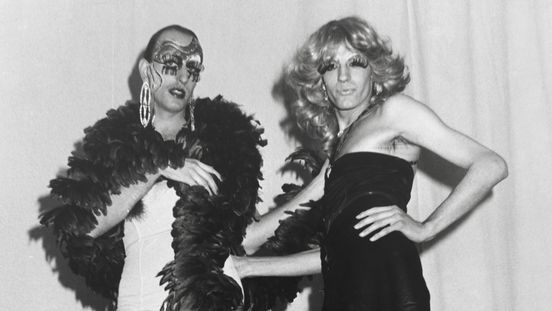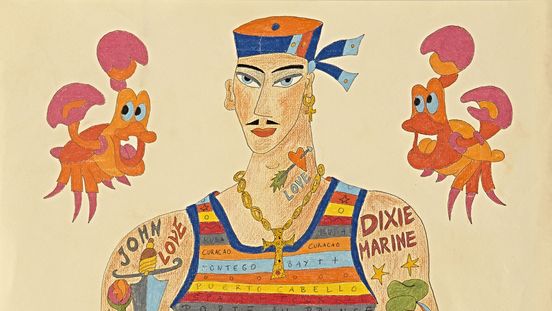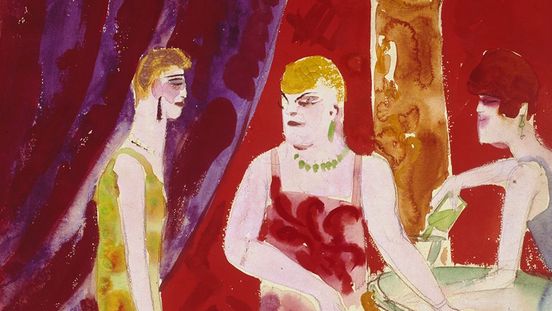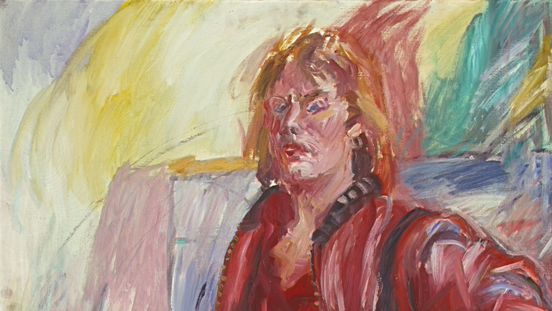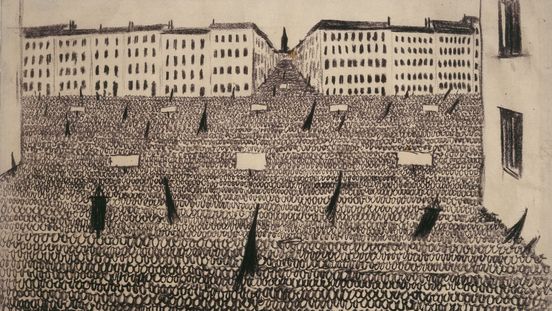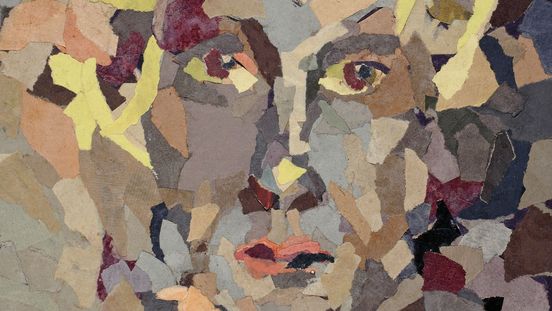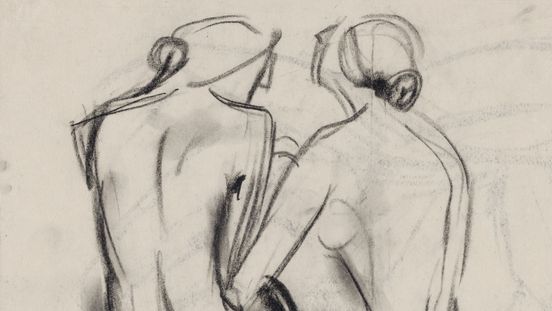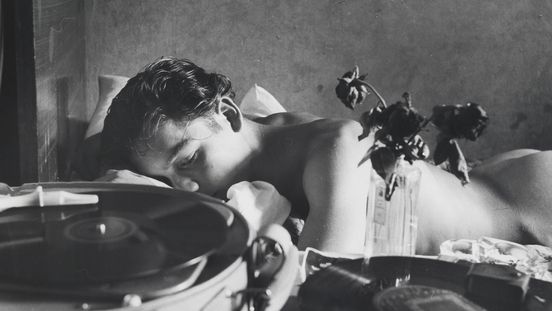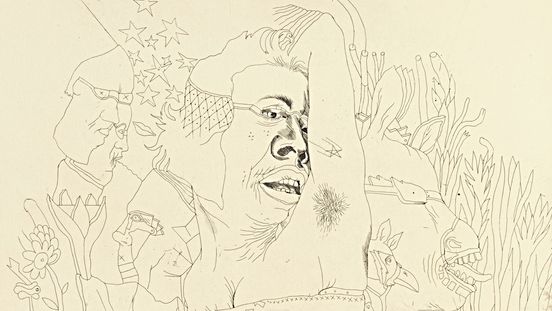The video and performance artist Ming Wong (* 1971) restaged selected scenes from Pina Bausch’s (1940–2009) "Tanztheater" piece "Kontakthof" (1978) as a new work of video art, featuring artists and curators from Wong’s own professional community in Berlin. Wong reapplies extracts of Bausch’s choreography. She originally used it to describe dynamics of proximity and distance in couples’ relationships. Wong relates them to power dynamics within the art world.
The video depicts two different sections of the choreography side by side in a split-screen. On the left side, dancers dressed in sportswear perform everyday gestures, dance steps and interactions. On the right side, they conduct the same scenes in festive evening wear. Thus, performers in colourful clothing are juxtaposed against performers in dark suits. This can also be taken as an allusion to the gender binary.
During the choreography, gender roles appear to be equitably represented. Thus, some scenes are dominated by female-presenting figures, others by male-presenting ones. This impression is only broken in the final scene: at the centre, a performer presented as female stands motionless as more and more male figures approach and touch her pliant body. These gestures are not explicitly violent, but they do not appear to take place with mutual consent.
The structures of male dominance, rendered explicit in this setting, are implied by the soundtrack from the start. Masculine-coded voices sing lyrics such as “Madame, you are so beautiful.” The dancers enact these words grotesquely, situating them in the context of the male gaze.
In his cinematic reinterpretation of Pina Bausch’s piece, Wong associates gender relations with dynamics within the art industry, raising questions about who holds agency and decision-making power over whom. This video piece highlights Wong’s interest in aspects of gender identity, an interest that pervades his body of work.
